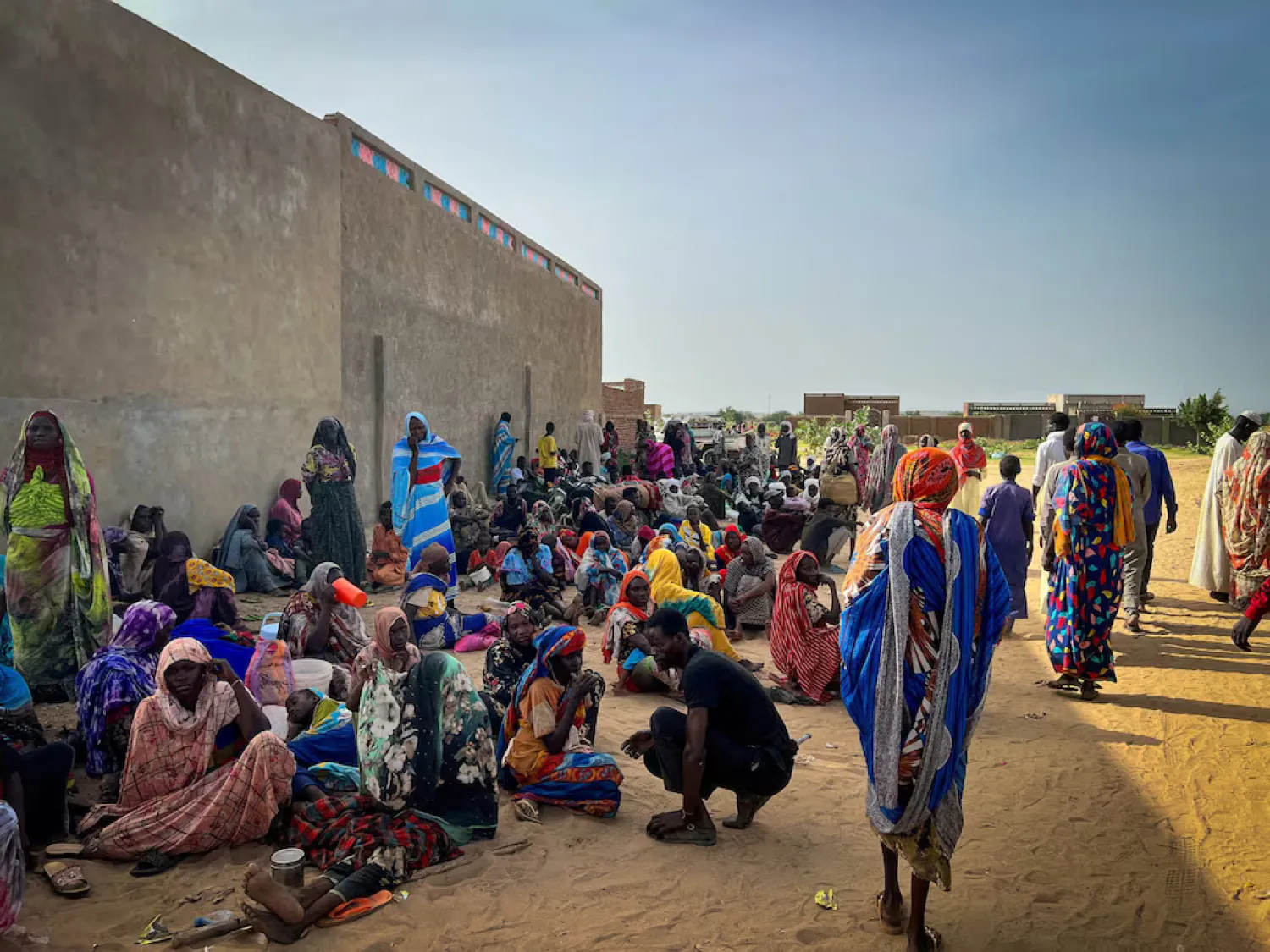The United States will announce an additional $100 million in aid to respond to the conflict in Sudan, according to a statement seen by Reuters, as Washington seeks to spur international response ahead of Monday's anniversary of the war.
US Agency for International Development Administrator Samantha Power in the statement said the additional funding, first reported by Reuters, would go toward emergency food assistance, nutrition support and other life-saving aid.
Power is also set to call on the warring parties to stop hindering humanitarian access and participate in "good faith negotiations to reach a ceasefire" in order to prevent famine and further suffering, according to the statement.
"A year ago tomorrow, the people of Sudan awoke to a nightmare," Power said.
"The warring sides turned bustling neighborhoods into battle zones, killing thousands, leaving bodies in the streets, and trapping civilians in their homes without adequate food, water, and medicines."
War erupted in Sudan on April 15, 2023, between the Sudanese army and paramilitary Rapid Support Forces (RSF), devastating the country's infrastructure.
Thousands of civilians have been killed, although death toll estimates are highly uncertain, and both sides have been accused of committing war crimes.
The war has pushed millions into extreme hunger, created the world's largest displacement crisis, and triggered waves of ethnically driven killings and sexual violence in the Darfur region of western Sudan.
Washington's announcement of further assistance comes ahead of a humanitarian conference in France on April 15. The US has urged partners around the world to put greater priority on the conflict in Sudan and step up with further funding at the conference.
"We call on others to join us in increasing support to the people of Sudan and urgently mobilizing additional support for the Sudanese response," Power said.









